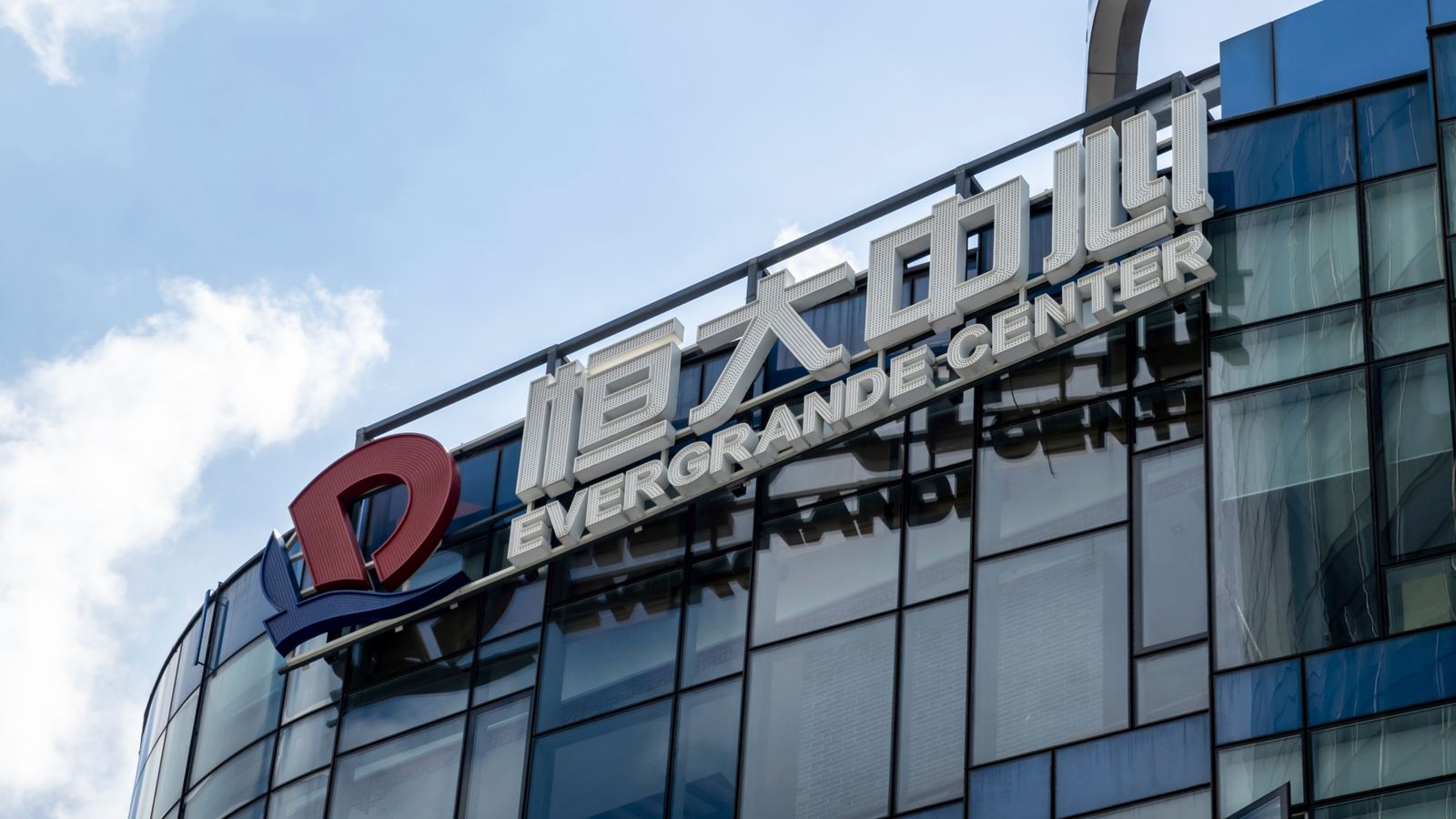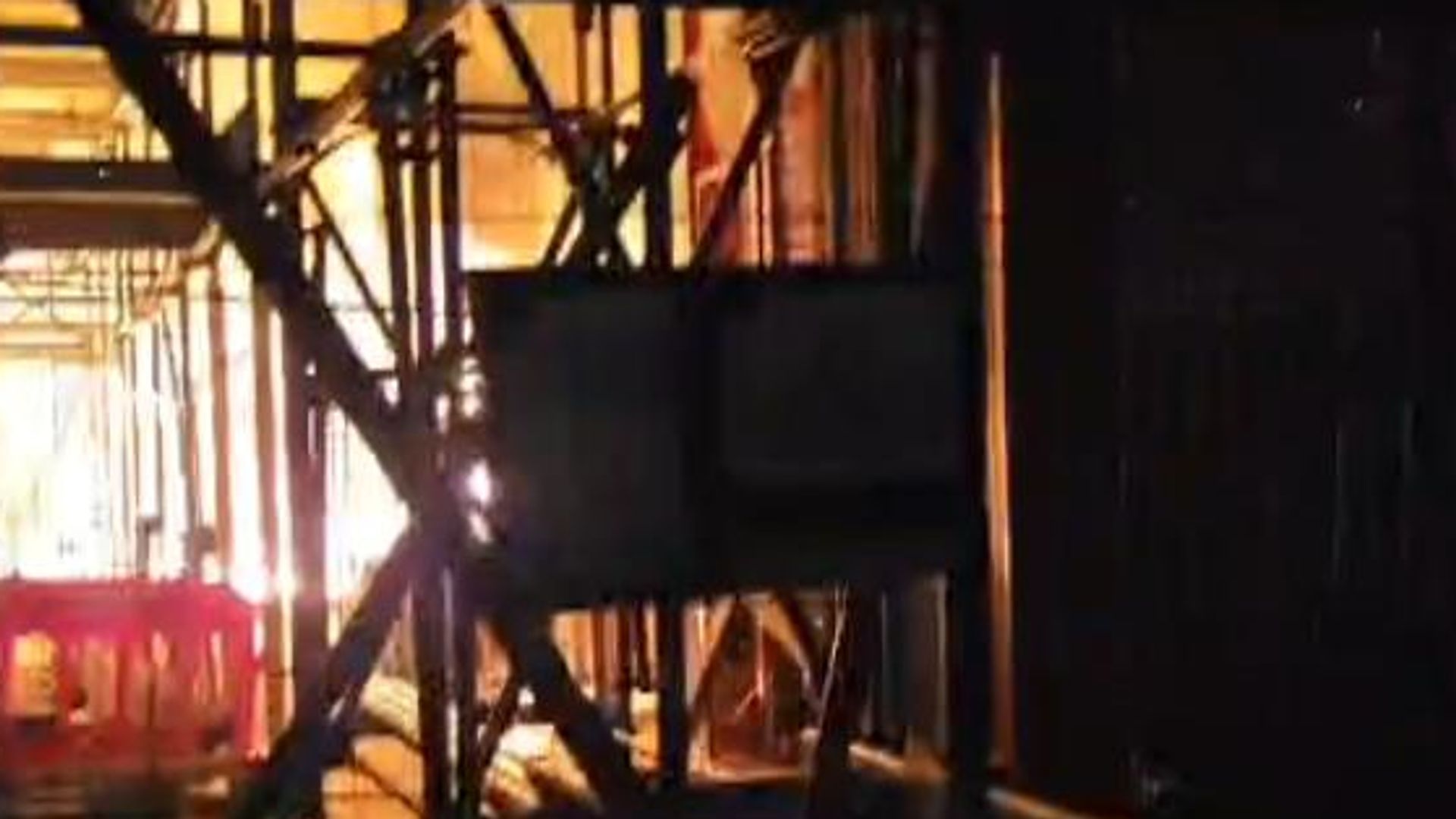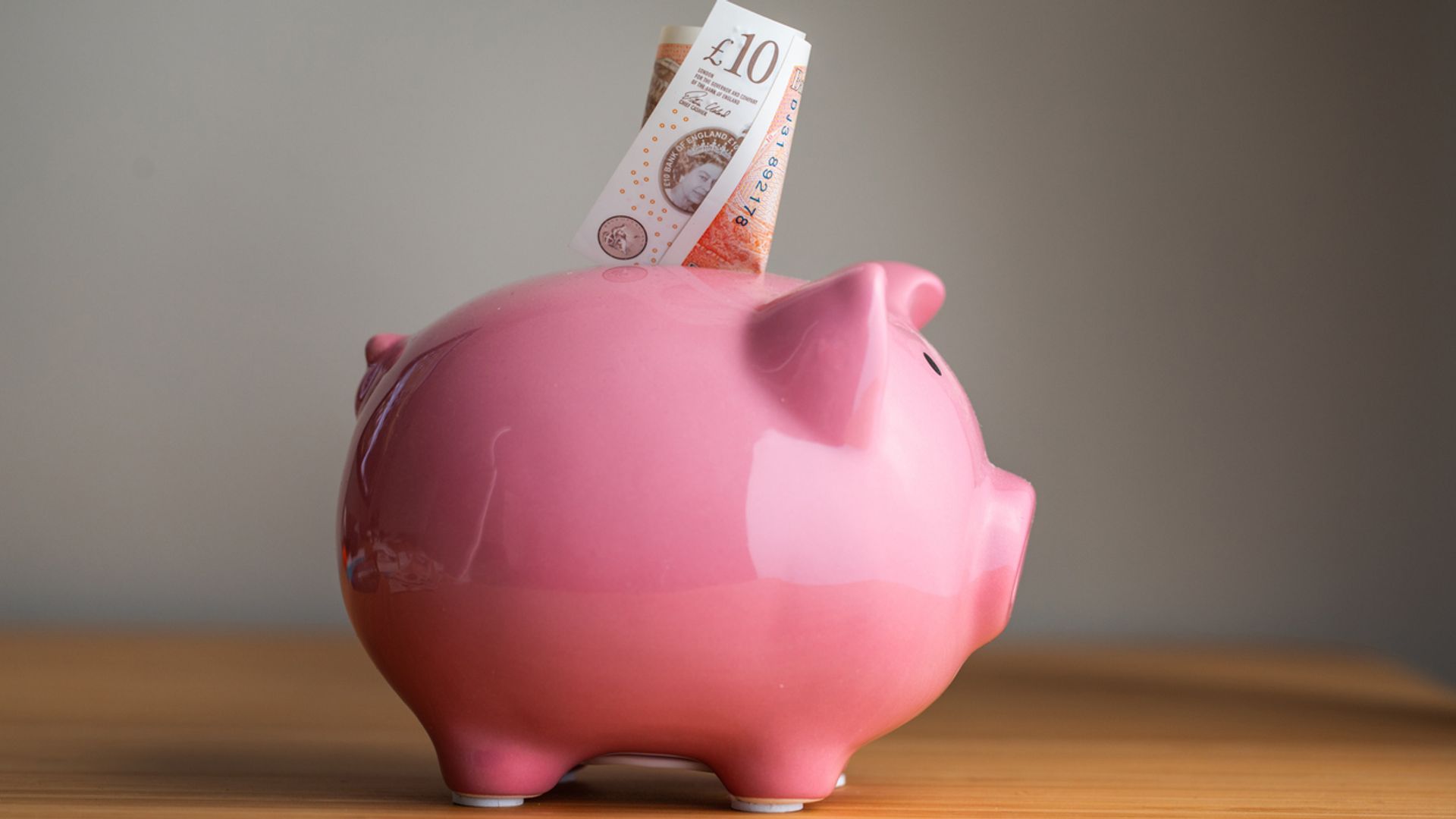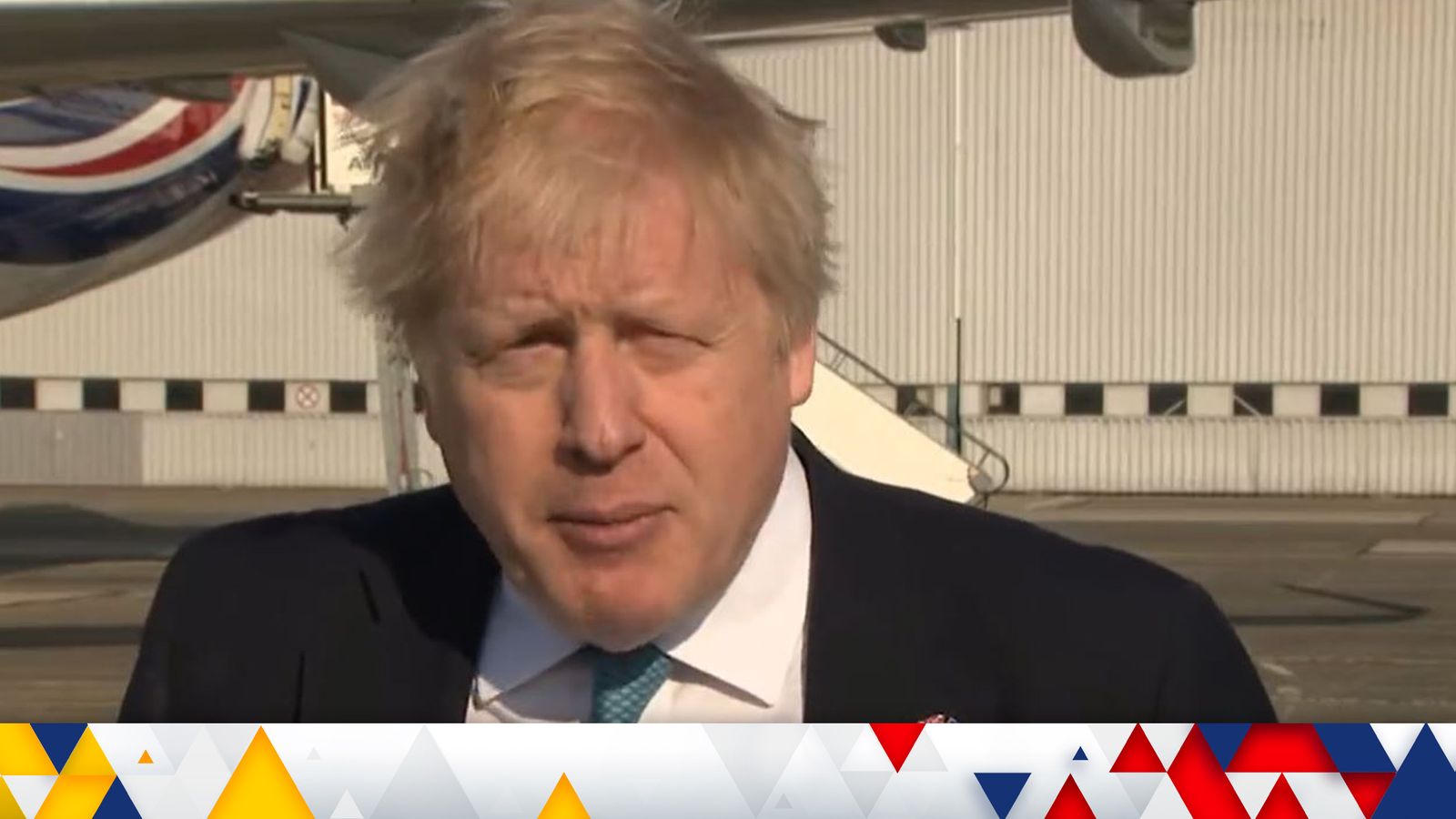Share trading in the Chinese property giant Evergrande has been suspended following reports the company founder and chairman had been taken by police.
Concern about the company’s future and ability to pay its bills has grown as investigations have meant it’s been unable to issue new debt.
Evergrande has been teetering on the brink of collapse for two years. If the company folded, the consequences would be devastating for the Chinese property industry which is a quarter of the world’s second-largest economy and harmful to the overall global economy.
The world’s most indebted company has liabilities of $300bn (£247bn), roughly the same as all the goods and services produced in Finland in 2021.
Read more
Has China’s economy run out of steam?
The worldwide effects caused by deflation in China
No reason for the pause in trading was given nor was there official confirmation of Bloomberg’s report of police surveillance of chairman and founder Hui Ka Yan.
Police action against other senior officials in the company has also taken place. Earlier this month police in the southern city of Shenzhen revealed action against a senior figure within Evergrande’s wealth management arm, Du Liang, and others.
Philippines cuts Chinese barrier and issues warning as row over disputed waters heats up
China’s Xi Jinping meets Syria’s Bashar al Assad and announces strategic partnership
Government accepts China tried to recruit people with ‘sensitive knowledge’ from parliament
Please use Chrome browser for a more accessible video player
It’s also not the first time trading was halted: there was none for 17 months, up until last month, amid a string of defaults and the creation of a restructuring plan that is yet to be agreed with creditors.
The company sought bankruptcy protection in the US courts in August as it looked to restructure its debt. But the latest developments represent another difficulty for the embattled firm and the Chinese economy.
Be the first to get Breaking News
Install the Sky News app for free
Talk of the company suffering an implosion, equivalent to the 2008 fall of Lehman brothers, have been revived even though previous concerns of it sparking defaults among its lenders, given how much it has borrowed, have not come to pass.
An estimated 128 banks have lent money to Evergrande and so have some 121 non-bank institutions such as asset managers and insurers.








